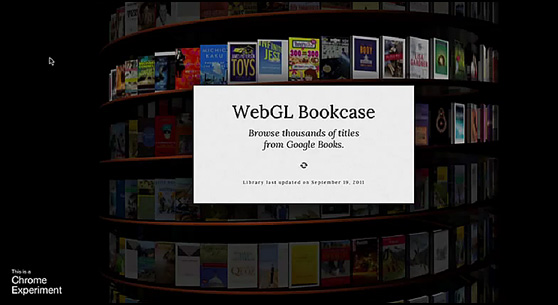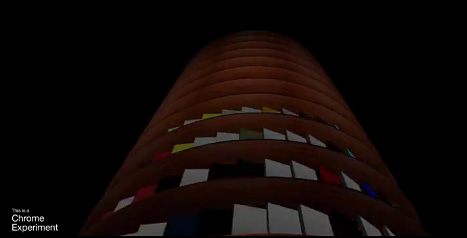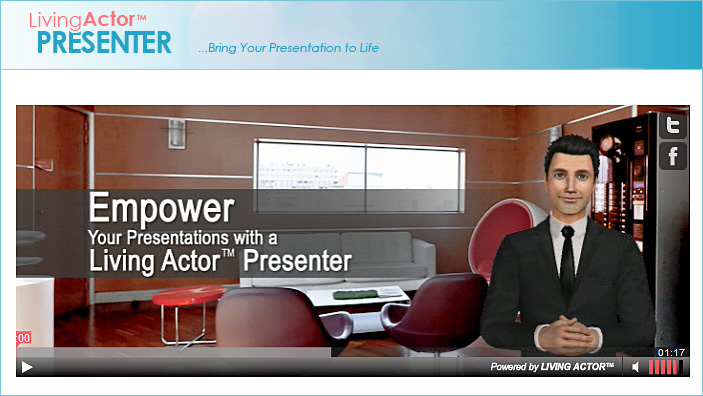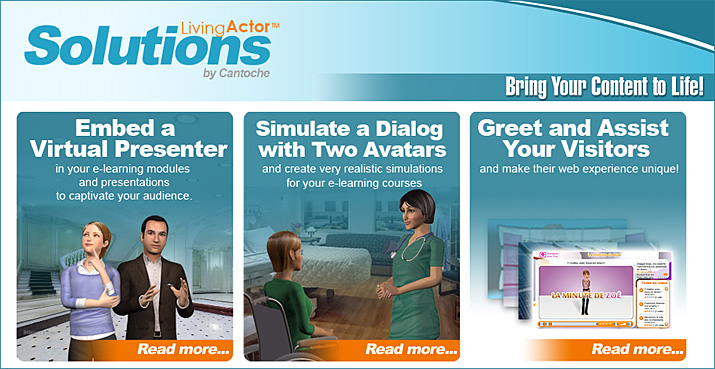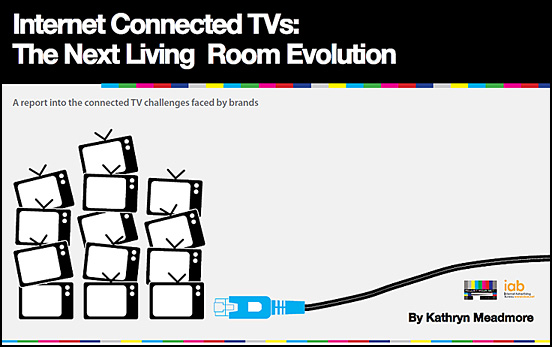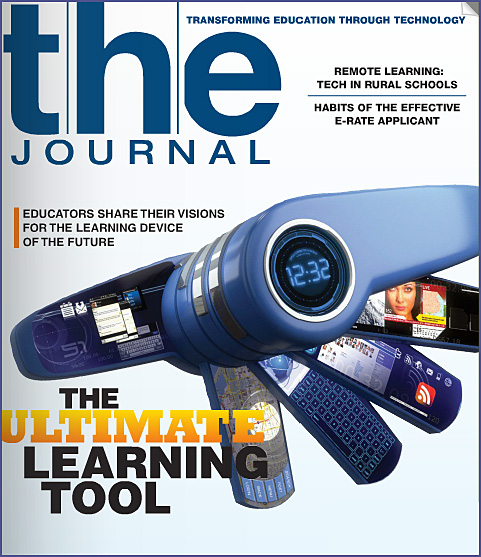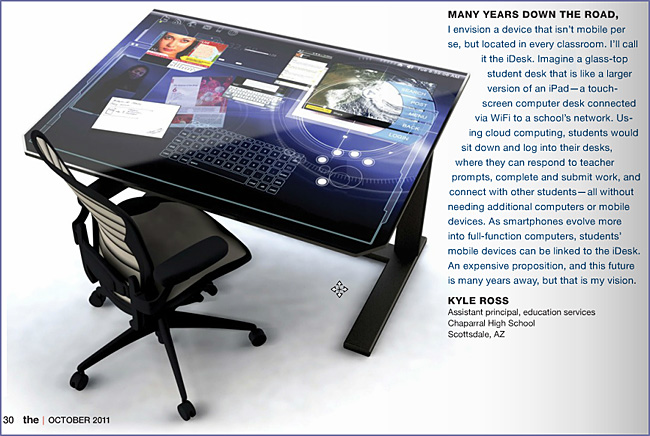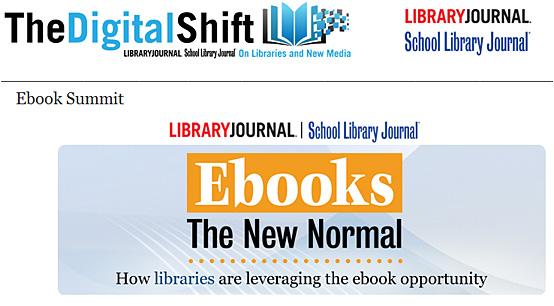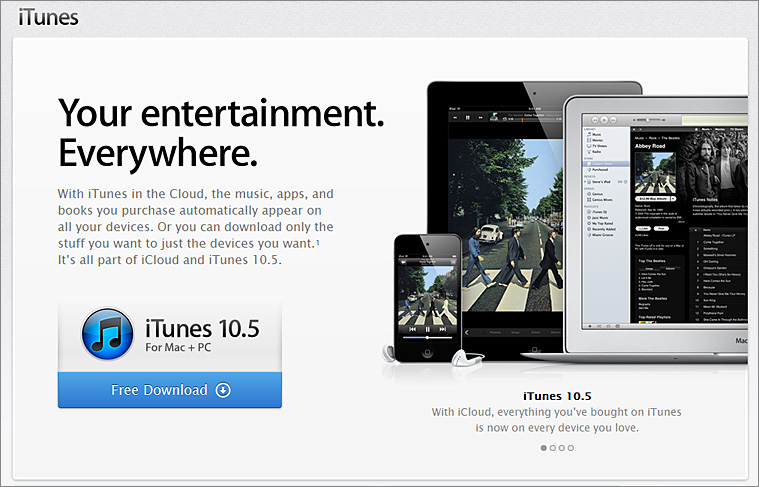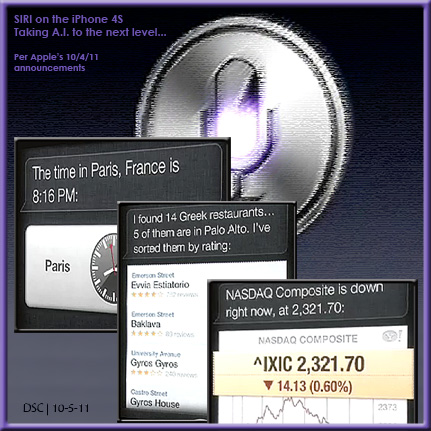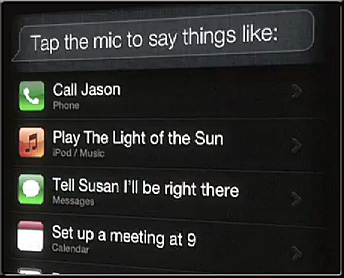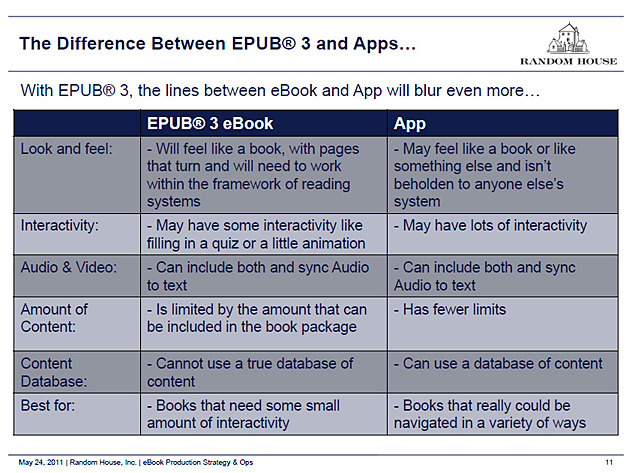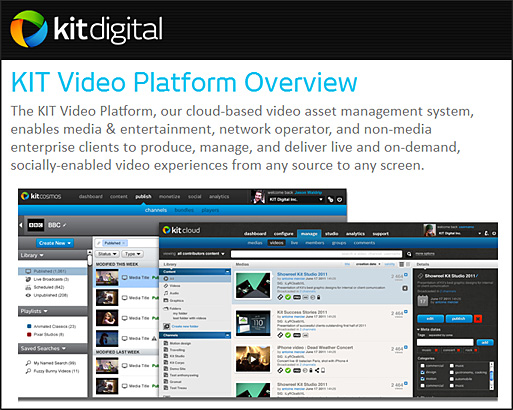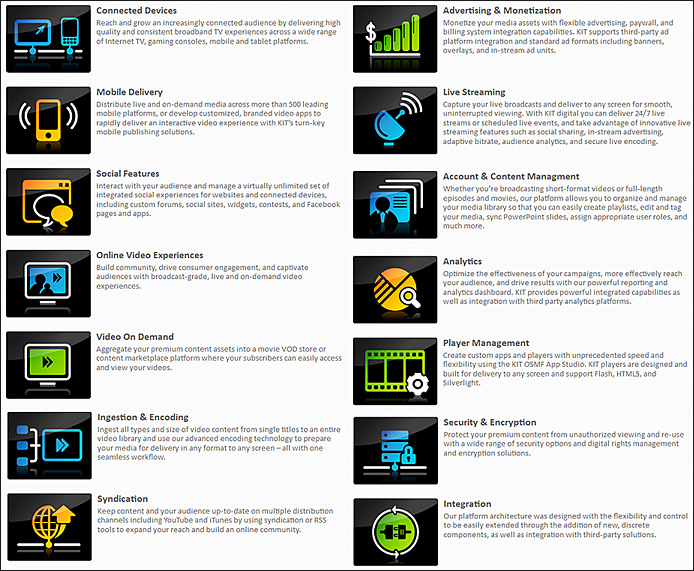Tip 60: It’s a stream, not a course… — from kineo.com
Excerpt:
Many traditional elearning instructional designers cut their teeth designing self-paced elearning programs. We create events.
However, the talk of the town these days is that learning is not an event. People don’t plop in front of an elearning program or sit in a classroom and BAM! – they’ve got it all rock solid. Instead, we’re talking about streams of activities that may happen over extended periods of time as individuals explore and master topic s or content areas. Instead of events, we hear about “learning experiences” and “activity streams”.
So how do traditional instructional designers stay relevant? And is that even possible? Let’s dip our paddles in the stream and explore together…
From DSC:
This brings to mind a graphic I periodically post…
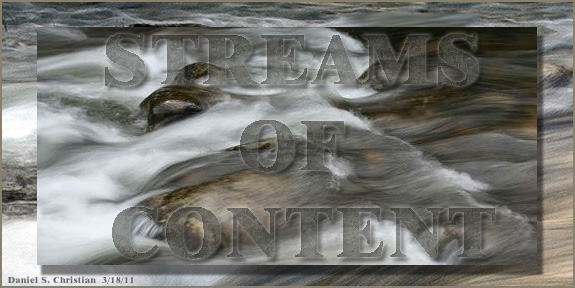
mLearning DevCon 2011 Conference Backchannel: Collected Resources #mlearningdevcon — from Misadventures in Learning by David Kelly
Excerpt:
I am a huge proponent of backchannel learning. There are many conferences I would love to be able to attend, but my budget can only accomodate one or two each year. The backchannel is an excellent resource for learning from a conference or event that you are unable to attend in-person (emphasis DSC).
I find collecting collecting and reviewing backchannel resources to be a valuable learning experience for me, even when I am attending a conference in person. Sharing these collections on this blog has shown that others find value in the collections as well.
Yale pushes online frontier — from Yale Daily News by David Burt, Drew Henderson [originally saw this at Ray Schroeder’s blog]
Excerpt:
Three Yale Summer Session professors taught their course material not only to students in New Haven, but also to their classmates thousands of miles away.
For the first time this summer, Yale Summer Session offered three online courses, two of them for Yale credit, in which students watched recorded lectures and joined live discussion sections with their professors and online classmates via video chat. With “uniformly positive” feedback from students and faculty, the University is now looking to expand this summer’s program for next summer, though Yale Summer Session Dean William Whobrey said there are no plans to use the technology during the academic year.









